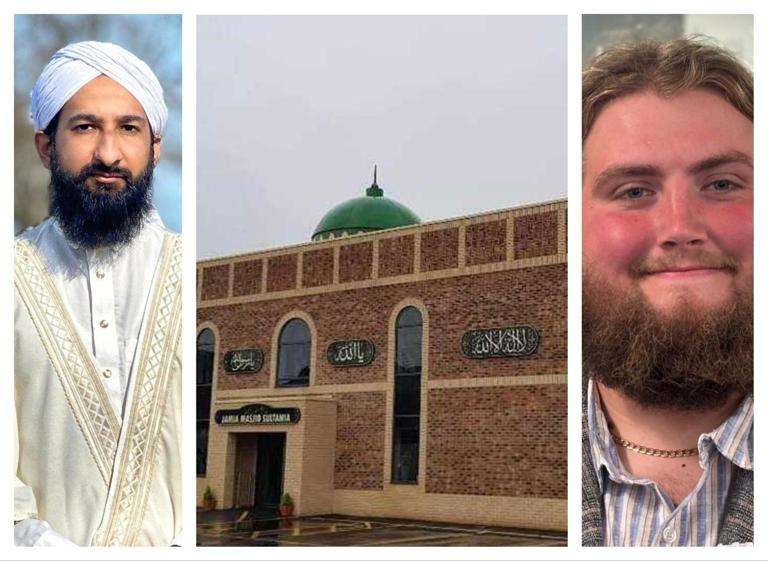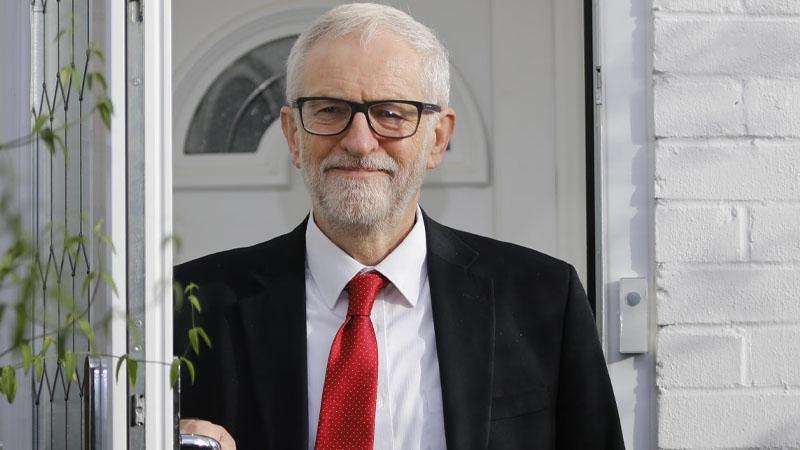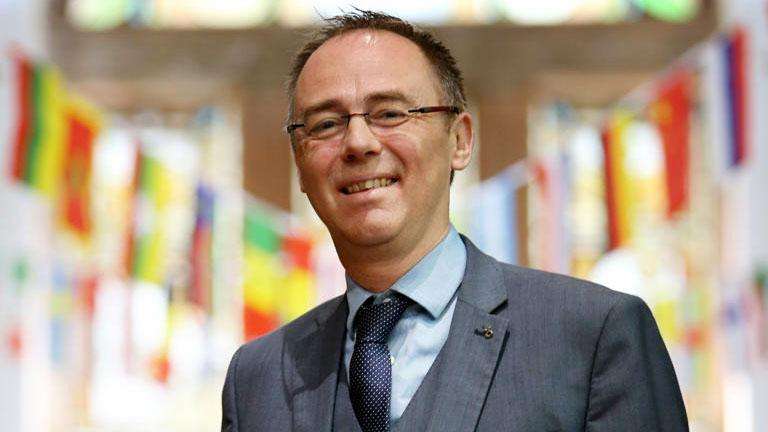On March 25th, 1971, during the midnight, the brutal Pakistani military forces, as part of their pre-planned Operation Searchlight according to the directive of General Tikka Khan, unleashed a coordinated attack equipped with modern weapons on unarmed Bengalis across Bangladesh, including Dhaka. It marked one of the darkest chapters in history, known as the heinous genocide of unarmed Bengalis.
The Leadership of Bangabandhu Sheikh Mujibur Rahman
Bangabandhu Sheikh Mujibur Rahman, the founding father of Bangladesh, played a crucial role in leading the struggle for independence. On the night of March 25, 1971, just before the brutal crackdown, he issued a final call for resistance, urging Bengalis to fight for their freedom. Despite being arrested and taken to West Pakistan, his leadership and vision continued to inspire the nation. His historic speech on March 7, 1971, at the Racecourse Ground (now Suhrawardy Udyan), in which he declared, "The struggle this time is the struggle for our emancipation! The struggle this time is the struggle for our independence!", became a rallying cry for the Liberation War.
Remembering the Dark Night of March 25, 1971
On the night of March 25, 1971, the Pakistani military carried out a violent operation in Dhaka and other parts of then East Pakistan (now Bangladesh). Thousands of unarmed civilians, including students, teachers, journalists, and political leaders, were killed in what is considered one of the most heinous massacres in history. Dhaka University, the Rajarbagh Police Lines, and Old Dhaka were among the worst-hit areas.
A National Day of Mourning and Reflection
Since 2017, March 25th has been officially recognized as National Genocide Remembrance Day in Bangladesh. On this day, the nation comes together to pay tribute to the victims and highlight the atrocities committed during the Liberation War. Various programs, including candlelight vigils, discussions, exhibitions, and special prayers, are held across the country.
Global Recognition of the 1971 Genocide
Bangladesh continues to urge the international community to formally recognize the genocide committed by the Pakistani military. Scholars and human rights activists argue that the 1971 atrocities should be acknowledged as one of the worst cases of mass killings in the 20th century, alongside other historic genocides.
Honoring the Martyrs and Moving Forward
While Bangladesh remembers the dark past, the nation also celebrates its resilience and independence, achieved after a nine-month-long war that led to the birth of a sovereign Bangladesh on December 16, 1971. National Genocide Remembrance Day serves as a call for justice, awareness, and the preservation of historical truth for future generations.
As Bangladesh marks this solemn day, citizens and leaders alike emphasize the importance of global acknowledgment and reaffirm their commitment to ensuring that such tragedies never happen again.
_7.jpg)


_9.jpg)




.svg)



